
Kod: 09016491
Pluralism in Software Engineering
Autor Edgar G Daylight
"What an absolutely cool guy!" --- Dennis Shasha, NYU "Fascinating... very worthwhile" --- Robert Harper, CMU What mathematical rigor has and has not to offer to software engineers. Peter Naur wrote his first research p ... więcej
- Język:
 Angielski
Angielski - Oprawa: Miękka
- Liczba stron: 134
Wydawca: Lonely Scholar, 2011
- Więcej informacji o książce

Zobacz książki o podobnej tematyce
Podaruj tę książkę jeszcze dziś
- Zamów książkę i wybierz "Wyślij jako prezent".
- Natychmiast wyślemy Ci bon podarunkowy, który możesz przekazać adresatowi prezentu.
- Książka zostanie wysłana do adresata, a Ty o nic nie musisz się martwić.
Więcej informacji o Pluralism in Software Engineering
Za ten zakup dostaniesz 49 punkty
 Opis
Opis
"What an absolutely cool guy!" --- Dennis Shasha, NYU "Fascinating... very worthwhile" --- Robert Harper, CMU What mathematical rigor has and has not to offer to software engineers. Peter Naur wrote his first research paper at the age of 16. Soon an internationally acclaimed astronomer, Naur's expertise in numerical analysis gave him access to computers from 1950. He helped design and implement the influential ALGOL programming language. During the 1960s, Naur was in sync with the research agendas of McCarthy, Dijkstra, and others. By 1970, however, he had distanced himself from them. Instead of joining Dijkstra's structured programming movement, he made abundantly clear why he disapproved of it. Underlying Naur's criticism is his plea for pluralism: a computer professional should not dogmatically advocate a method and require others to use it in their own work. Instead, he should respect the multitude of personal styles in solving problems. What philosophy has to do with software engineering. Though Peter Naur definitely does not want to be called a philosopher, he acknowledges having been influenced by Popper, Quine, Russell, and others. Naur's writings of the 1970s and 1980s show how he borrowed concepts from philosophy to further his understanding of software engineering. In later years, he mainly scrutinized the work in philosophy and mathematical logic & rules in particular. By penetrating deeply into the 1890 research of William James, Naur gradually developed his own theory of how mental life is like at the neural level of the nervous system. This development, in turn, helps explain why he always opposed the Turing Test and Artificial Intelligence, why he had strong misgivings about the Formal Methods movement and Dijkstra's research in particular.
 Szczegóły książki
Szczegóły książki
Kategoria Książki po angielsku Humanities Philosophy
19.51 €
- Pełny tytuł: Pluralism in Software Engineering
- Podtytuł: Turing Award Winner Peter Naur Explains
- Autor: Edgar G Daylight
- Język:
 Angielski
Angielski - Oprawa: Miękka
- Liczba stron: 134
- EAN: 9789491386008
- ISBN: 9789491386008
- ID: 09016491
- Wydawca: Lonely Scholar
- Waga: 202 g
- Wymiary: 229 × 155 × 8 mm
- Data wydania: 19. October 2011
Ulubione w innej kategorii
-

The Conspiracy Against the Human Race
15.99 € -11 % -
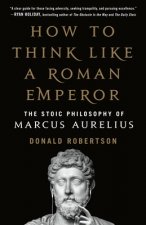
How to Think Like a Roman Emperor
16.59 € -12 % -
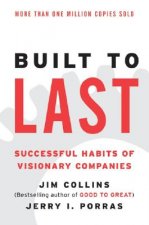
Built to Last
19.82 € -

Teachings of Don Juan
9.45 € -22 % -
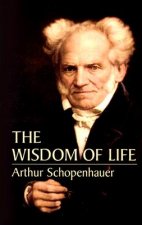
Wisdom of Life
7.44 € -18 % -

Nature
7.64 € -29 % -

On Liberty
4.72 € -10 % -

Epistemology - An Anthology 2e
39.94 € -

Letters from a Stoic - The Ancient Classic
11.06 € -35 % -
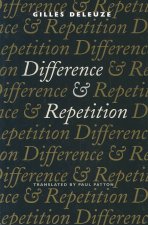
Difference and Repetition
23.04 € -17 % -
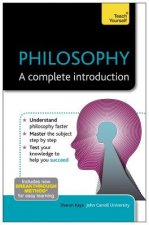
Philosophy: A Complete Introduction: Teach Yourself
15.19 € -28 % -

Thus Spoke Zarathustra - The Philosophy Classic
11.06 € -35 % -

The Essential Philosophical Works
5.42 € -26 % -
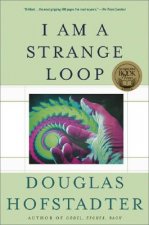
I Am a Strange Loop
16.29 € -29 % -
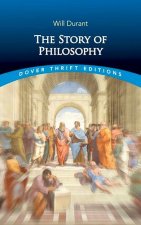
Story of Philosophy
9.25 € -28 % -

Antichrist
4.92 € -18 % -
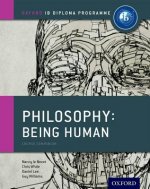
Oxford IB Diploma Programme: Philosophy: Being Human Course Book
68.22 € -

Men Among the Ruins
19.82 € -22 % -

Calendar of Wisdom
21.22 € -26 % -

I am That
38.63 € -4 % -
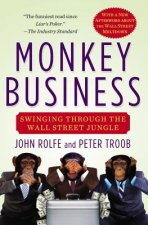
Monkey Business
15.19 € -24 % -

Religion of Tomorrow
29.58 € -16 % -
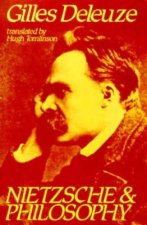
Nietzsche and Philosophy
21.12 € -23 % -
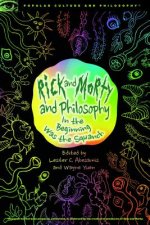
Rick and Morty and Philosophy
15.89 € -23 % -

Machiavelli: The Art of Teaching People What to Fear
14.98 € -21 % -

Journey Within
15.29 € -19 % -

Illuminations
13.48 € -14 % -
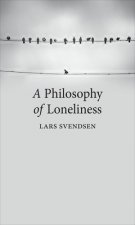
Philosophy of Loneliness
21.12 € -1 % -
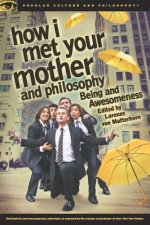
How I Met Your Mother and Philosophy
23.04 € -16 % -
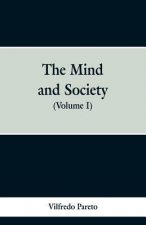
Mind and Society
17.50 € -
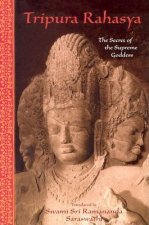
Tripura Rahasya
14.18 € -16 % -

Human Happiness
8.24 € -28 % -

Upside down: a Primer for the Looking-Glass World
19.11 € -13 % -
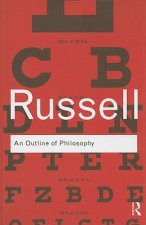
Outline of Philosophy
18.10 € -14 % -
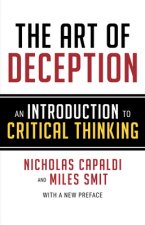
Art of Deception
16.19 € -14 % -
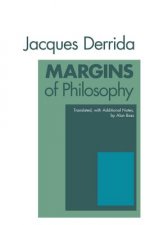
Margins of Philosophy
34.71 € -4 % -

Counter-History of the Present
30.18 € -
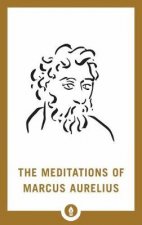
Meditations of Marcus Aurelius
12.97 € -9 % -

How the World Thinks
11.26 € -23 % -
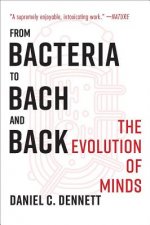
From Bacteria to Bach and Back
18.71 € -18 % -
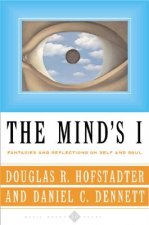
Mind's I
27.56 € -
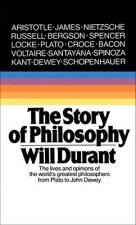
The Story of Philosophy
11.06 € -4 % -

Musonius Rufus
14.78 € -1 % -

From Intellect to Intuition
14.08 € -1 % -

Omnibus Homo Sacer
100.22 € -3 % -
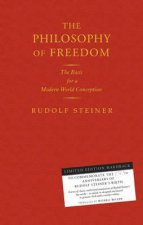
Philosophy of Freedom
33.60 € -19 % -
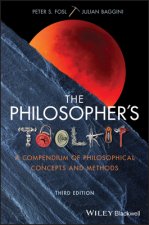
Philosopher's Toolkit - A Compendium of Philosophical Concepts and Methods, 3rd Edition
20.72 € -8 % -

Birth of the Clinic
15.79 € -21 % -
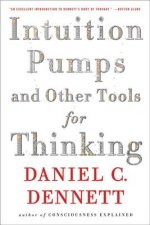
Intuition Pumps and Other Tools for Thinking
9.25 € -24 %
Osobní odběr Bratislava a 2642 dalších
Copyright ©2008-24 najlacnejsie-knihy.sk Wszelkie prawa zastrzeżonePrywatnieCookies





 Vrácení do měsíce
Vrácení do měsíce Zdarma od 49.99 €
Zdarma od 49.99 € 02/210 210 99 (8-15.30h)
02/210 210 99 (8-15.30h)